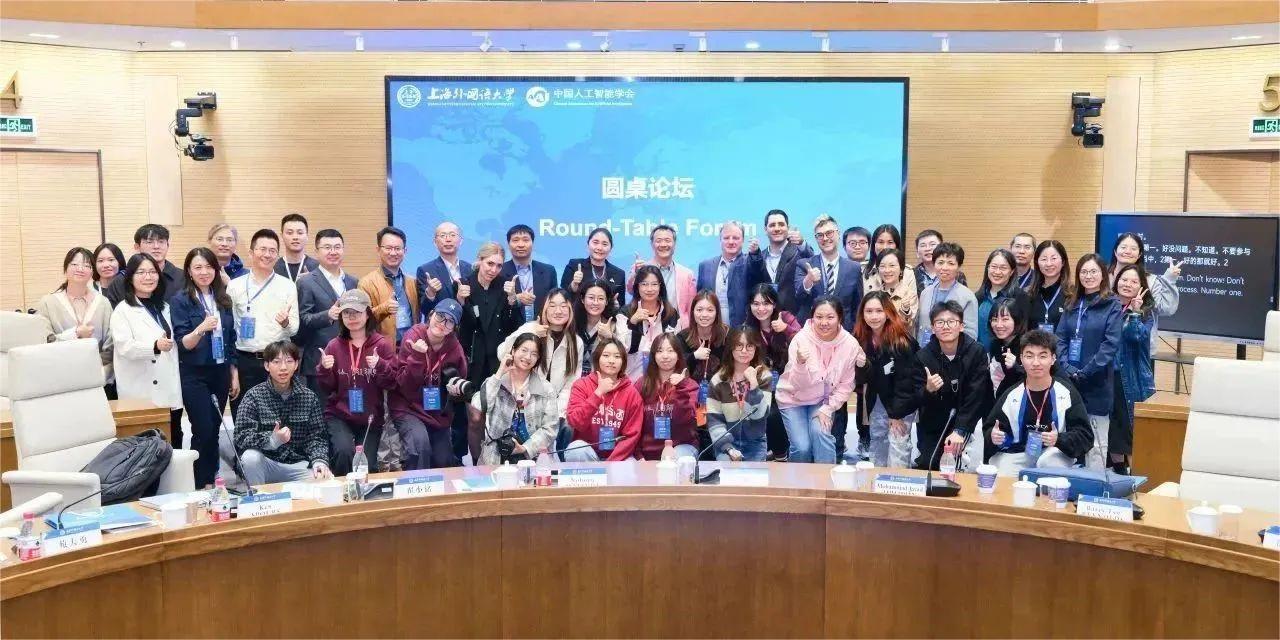Home >> Social Sciences Information
SISU holds The 2023 International Conference on Artificial Intelligence Technology-supported Language Learning
2023-12-18 15:06

The 2023 International Conference of Artificial Intelligence and Technology-Enhanced Language Learning (AiTELL) was held from November 10 to 12 at Shanghai International Studies University (SISU). The conference focuses on how technology improves foreign language teaching and learning, language testing and assessment, as well as teacher development.
Experts at the conference agreed that the application of future technologies, such as generative artificial intelligence, in education is multidimensional and profound. They emphasized that it not only reshapes traditional teaching methods and disciplinary boundaries but also promotes personalized learning, redefines the role of teachers, and optimizes language assessment standards.
The experts at AiTELL expressed that these new changes suggested the intervention of artificial intelligence provided a new and innovative perspective for education and language research, with broad and far-reaching potential impacts.
Research by Noboru Matsuda, Associate Professor from North Carolina State University said at AiTELL 2023 that teaching strategies involving peer collaboration, problem-oriented approaches, and example-based learning, can effectively enhance students' cognitive skills and promote reflective thinking with the assistance of computer models.
Zhai Xiaoming, Associate Professor from the University of Georgia, pointed out biases in pseudo-AI may lead to unnecessary AI fears in society though artificial intelligence may continue to develop and advance. Zhai added this could exacerbate educational resource inequalities and waste social capital invested in AI research.
AiTELL 2023 featured 11 keynote speeches, 3 round-table forums, 3 thematic forums, and 1 face-to-face forum for academic journals, with a total of 16 invited scholars. They are from universities around the world, including the Chinese University of Hong Kong, Columbia University, East China Normal University, University College London, University of Leeds, and SISU.
The round-table forums focused on the strategies and challenges of personalized learning, discussing how artificial intelligence can optimize learning paths to meet the needs of different learners.
The thematic forums delved into the latest developments in learning science and large-scale language models, exploring how these advancements revolutionize traditional teaching and learning models.
Four parallel forums center around language learning and teaching empowered by intelligent technology, digital transformation and professional development of foreign language teachers, and research in language assessment.